The Government Office has just issued a press release on the direction and administration of the Government and the Prime Minister on March 20, 2025.
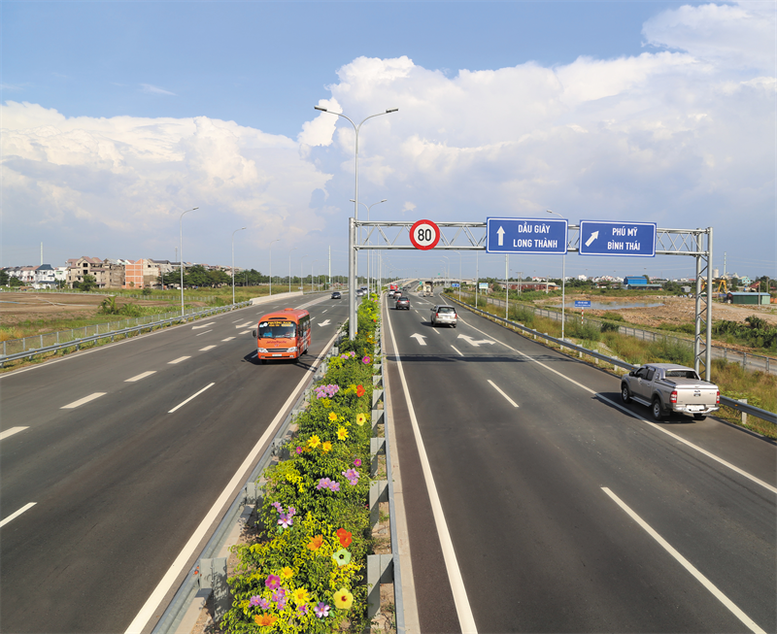
Issue a Plan to implement tasks and solutions to promote decentralization and delegation of authority according to the provisions of the Law on Government Organization and the Law on Local Government Organization.
Permanent Deputy Prime Minister Nguyen Hoa Binh signed Decision No. 608/QD-TTg The Prime Minister issued a Plan to implement tasks and solutions to promote decentralization and delegation of power according to the provisions of the Law on Organization of the Government and the Law on Organization of Local Government.
On February 18, 2025 and February 19, 2025, the 15th National Assembly considered and decided to pass Law on Government Organization and Law on Organization of Local Government.
In order to promptly implement the contents of the two Laws recently passed by the National Assembly and quickly remove difficulties and obstacles in current legal regulations on decentralization and delegation, the Prime Minister issued a Plan to implement tasks and solutions to promote decentralization and delegation according to the provisions of the Law on Organization of the Government and the Law on Organization of Local Government (Plan).
The purpose of the Plan is to unify awareness and enhance the responsibility of ministries, ministerial-level agencies, government agencies and local authorities in promoting decentralization and delegation based on the principle of delimitation of authority stipulated in the Law on Organization of the Government and the Law on Organization of Local Government; proactively propose priority and urgent areas to promote decentralization and delegation, create a legal corridor, promptly handle practical issues, remove institutional "bottlenecks", and contribute to promoting socio-economic development.
Organize dissemination and communication of the provisions of the two Laws.
According to the Plan, ministries, ministerial-level agencies, government agencies, People's Committees of provinces and centrally run cities and relevant agencies and organizations shall issue Plans of ministries, ministerial-level agencies, and local authorities on organizing the implementation of tasks and solutions on promoting decentralization and delegation in the Law on Government Organization and the Law on Organization of Local Government; send the Plan to the Ministry of Home Affairs for monitoring, urging, and reporting to the Prime Minister according to regulations. Completion date is before March 31, 2025.
Before March 31, 2025, ministries, ministerial-level agencies, government agencies, People's Committees of provinces and centrally run cities, press agencies and relevant agencies and organizations shall promptly, fully and seriously disseminate the provisions of the Law on Government Organization, the Law on Organization of Local Government and regulations on delimitation of authority, decentralization and delegation of powers for unified implementation from the central to local levels.
Drafting documents amending and supplementing laws and resolutions
Ministries and ministerial-level agencies shall coordinate with People's Committees of provinces and centrally-run cities and relevant agencies and organizations to review and determine the contents of articles, clauses and points of laws, resolutions of the National Assembly, ordinances and resolutions of the National Assembly Standing Committee stipulating the tasks and powers of the Government, Prime Minister, Ministers, Heads of ministerial-level agencies and local authorities that are not consistent with the principles of delimitation of authority, decentralization and delegation of power in the Law on Organization of the Government and the Law on Organization of Local Government to propose unified adjustments (Clause 1, Article 32 of the Law on Organization of the Government and Clause 1, Article 50 of the Law on Organization of Local Government).
Before April 15, 2025, ministries and ministerial-level agencies shall report to the Government laws, resolutions of the National Assembly, ordinances and resolutions of the National Assembly Standing Committee to submit to the National Assembly Standing Committee for addition to the 2025 Law and Ordinance Development Program in accordance with the provisions of the Law on Promulgation of Legal Documents.
Draft documents amending and supplementing laws, resolutions of the National Assembly, ordinances and resolutions of the National Assembly Standing Committee at the National Assembly sessions in 2025. In particular, clearly state the content and articles, clauses and points of the laws, resolutions of the National Assembly, ordinances and resolutions of the National Assembly Standing Committee proposed to adjust the tasks and powers of the Government, the Prime Minister and local authorities on the basis of the principle of delimitation of authority, regulations on decentralization and delegation of power in the Law on Organization of the Government and the Law on Organization of Local Government.
According to the Plan, ministries and ministerial-level agencies, in coordination with People's Committees of provinces and centrally run cities and relevant agencies and organizations, based on the 5-year socio-economic development plan for 2021-2025 and 2026-2030, are required to promote decentralization and delegation of power to perform priority and urgent tasks under the direction of the Party, the National Assembly, the Government, the Prime Minister, ministries and ministerial-level agencies to determine the contents that need to be immediately adjusted regarding the tasks and powers of the Prime Minister, Ministers, Heads of ministerial-level agencies, and local authorities in laws and resolutions of the National Assembly, ordinances and resolutions of the National Assembly Standing Committee, and submit to the Government for promulgation of decrees and resolutions to decide on adjustments according to their authority (Clause 2, Article 32 of the Law on Organization of the Government and Clause 1, Article 50 of the Law on Organization of Local Government).
During the implementation of tasks, ministries and ministerial-level agencies report and seek opinions from the Steering Committee to review and organize the handling of problems in the legal system, headed by the Prime Minister.
Based on the results of the Government's decrees and resolutions, the Ministry of Home Affairs is responsible for coordinating with the Ministry of Justice to synthesize the Government's report to report to the National Assembly at the nearest session.
Approval of adjustment of investment policy for the Hoa Lac - Hoa Binh road construction investment project and the renovation and upgrading of National Highway 6, Xuan Mai - Hoa Binh section under the public-private partnership method.
Deputy Prime Minister Tran Hong Ha signed Decision No. 653/QD-TTg dated March 20, 2025 approving the adjustment of the investment policy for the Hoa Lac - Hoa Binh road construction investment project and the renovation and upgrading of National Highway 6, Xuan Mai - Hoa Binh section under the public-private partnership method.
The project's objective is to gradually complete the expressway network according to the Road Network Planning for the 2021 - 2030 period, with a vision to 2050, approved by the Prime Minister in Decision No. 1454/QD-TTg dated September 1, 2021, Decision No. 12/QD-TTg January 3, 2025. Contribute to connecting the capital's expressway with the provinces of Hoa Binh, Son La, Dien Bien; serve as a basis to attract investors in many fields, especially urban, industrial, commercial and service development; create a driving force to promote socio-economic development of Hoa Binh province in particular and the Northwestern provinces in general; respond promptly to natural disasters and climate change in the region; strengthen national defense and security.
Adjust length reduction
According to the Decision, the scope of the adjusted investment includes: Reducing the length of the Hoa Lac - Hoa Binh section from 25.69 km to 23.04 km; in which the starting point of the route is kept at Km6+680 (coinciding with the end point of the Thang Long Avenue expressway construction investment project, the section connecting National Highway 21 to Hanoi - Hoa Binh expressway) in Yen Binh commune, Thach That district, Hanoi city. Changing the end point of the route from Km32+367 to the end point at Km29+716 on Hoa Lac - Hoa Binh road (intersecting with National Highway 6 at Km65+400) in Trung Minh ward, Hoa Binh city, Hoa Binh province. Keeping the scope of National Highway 6 section Xuan Mai - Hoa Binh intact.
Hoa Lac - Hoa Binh road according to 6-lane highway standards
Adjusted project scale: Investing in expanding the Hoa Lac - Hoa Binh road according to highway standards (TCVN 5729: 2012), 6 lanes, design speed 100 km/h; building a system of service roads, intersections, rest stops, traffic safety systems, works serving exploitation, control centers, intelligent traffic systems, toll stations,... ensuring synchronization and efficiency according to current standards and regulations.
The expected time for project preparation and investment is 2014 - 2028, in which: the project in operation will be implemented from 2014 and put into operation in 2018; the scale adjustment will be implemented from 2023 - 2028 (project preparation, implementation of the adjustment from 2023 - 2027, completion and put into operation in 2028). The expected contract term is from 2015 - 2051.
Preliminary adjusted total investment is about 10,475 billion VND, of which:
1- The invested cost of the project in operation (currently being finalized) is 2,476 billion VND.
2- The adjusted investment cost is about 7,999 billion VND, including: (i) Compensation, support and resettlement costs 1,621 billion VND; (ii) Construction and equipment costs 4,590 billion VND; (iii) Project management, consulting and other costs (including loan interest) 981 billion VND; (iv) Contingency costs 807 billion VND.
Deputy Prime Minister's opinion on investment plan for Ho Chi Minh City - Long Thanh Expressway expansion project
The Government Office has issued Document No. 2143/VPCP-CN conveying the direction of Deputy Prime Minister Tran Hong Ha on the investment plan for the Ho Chi Minh City - Long Thanh Expressway expansion project (Project).
Accordingly, Deputy Prime Minister Tran Hong Ha directed the Ministry of Construction to be responsible for the proposed plan and organize the implementation of the Project, striving to inaugurate the Project on September 2, 2026.
The Minister of Construction decides to apply contractor selection in special cases within his authority and in accordance with current regulations; is responsible for coordinating with relevant ministries, branches and localities to implement regulations, and avoid negativity, waste and group interests.
The Ministry of Finance urgently synthesizes the proposal of the Ministry of Transport (now the Ministry of Construction) on the capital source for implementing the Project from the increased central budget revenue in 2024 according to the direction of Permanent Deputy Prime Minister Nguyen Hoa Binh in Notice No. 22/TB-VPCP dated February 26, 2025 of the Government Office.
Approving the Development Strategy of Vietnam National Coal - Mineral Industries Group to 2030, with a vision to 2045
Deputy Prime Minister Bui Thanh Son signed Decision No. 625/QD-TTg approving the Development Strategy of Vietnam National Coal - Mineral Industries Group to 2030, with a vision to 2045 (TKV Development Strategy).
The overall objective of the Strategy is to develop the Vietnam National Coal - Mineral Industries Group (TKV) into a strong economic group, contributing an important role to the development of the state economy; maintain a key position as one of the three pillars of energy, contributing to ensuring national energy security; exploit sustainably, have a long-term sustainable investment plan and be consistent with Vietnam's commitment to net zero emissions by 2050.
The Group operates according to market mechanisms, taking economic efficiency as the main evaluation criterion, being autonomous, self-responsible, and competing equally with other economic sectors according to the provisions of law.
Building a modern and highly specialized organizational, management and governance model, applying advanced science and technology, promoting the application of mechanization (CGH), automation (TĐH) and digital transformation (CĐS); developing high-quality human resources, promoting the tradition of "Discipline and Unity"; gradually implementing innovation and creativity in production and business based on the foundation of the main business lines and related lines according to the organization and operation charter of the Group.
Orientation of development of production and business sectors
According to the development orientation of the coal industry: Exploration work must always be one step ahead; exploration and assessment of existing coal reserves must ensure reliability for mining design combined with promoting exploration of new mines to prepare reliable resources for stable and long-term development of the coal production sector of TKV in particular and the coal industry in general.
Innovate and apply advanced exploration technology, especially for areas with complex geological conditions and great depth; continue to seek research partners to select appropriate exploration technologies and methods to explore the Red River Delta Coal Basin.
Focus on developing and maintaining large-capacity underground mines according to the criteria of "Green mine, Modern mine, High-capacity mine, Safe mine". Develop open-pit mines in the direction of increasing the stripping coefficient, in accordance with economic, technical and related planning conditions; carry out the dumping of soil and rock in the direction of maximizing the use of internal dumps.
Connect small-production mines with suitable geological, geographical and infrastructure conditions into large-production mines. Safely and economically exploit and effectively recover coal resources assigned for management, including coal reserves in the areas of protective pillars of works and the remaining lost coal resources after the end of underground mining, on the basis of ensuring production and business efficiency. Develop mining output in a sustainable and effective direction...
Orientation for development of mineral and metallurgical industry: Develop TKV's mineral industry on par with the coal industry on the basis of strengthening exploration and development of resources, investing in the development of new mines, combined with solutions to diversify ore/concentrate supply sources (cooperation in exploitation and import) to provide enough raw materials for mineral processing plants to operate stably and sustainably; maintain effective production of invested mineral exploitation and processing complexes.
TKV is in charge of everything from bauxite exploration and exploitation to the development of the alumina - aluminum production industry, creating a driving force for the development of Vietnam's aluminum industry and contributing to economic development in the Central Highlands provinces on the basis of investing in expanding the capacity of the Tan Rai and Nhan Co aluminum complexes to about 2.0 million tons of aluminum/year/complex; investing in the Dak Nong 2 bauxite - aluminum - aluminum complex with a capacity of 2.0 million tons of aluminum/year, 0.5 million tons of aluminum/year and the aluminum electrolysis plant project in Lam Dong province with a capacity of 0.5 million tons/year. In particular, striving to complete the Dak Nong 2 aluminum electrolysis plant project in 2030, to increase the value of deep processing, contributing to building Dak Nong province into a national aluminum industrial center.
Deep processing of minerals to create products of high economic value; research and investment in a steel billet factory project in Ha Tinh (in case the Thach Khe iron mining and processing project is permitted by competent authorities to continue implementation), a factory producing total rare earth oxide/separate rare earth, superfine zircon, pigment, sponge titanium/metal titanium and deep-processed products from copper cathode.
Promote research, transfer, acquisition, application of advanced science and technology, conversion of technology and equipment in the stages of exploration, exploitation, mineral processing, environmental protection for each group/type of mineral. For the minerals of the Central Highlands bauxite, Binh Thuan titanium, Lai Chau rare earth, Thanh Hoa chromite, copper mines in Lao Cai... invest in developing and forming mining complexes associated with processing, applying advanced technology and modern equipment. Rehabilitate the environment of mineral mines after the end of exploitation in the direction of integrating environmental regeneration and restoration combined with the development of green projects, socio-economic development and environmentally friendly economic sectors.
Diversify mineral products to suit the needs of the consumer market, expand investment forms, research and investment cooperation; maximize the value of the Coal - Minerals - Metallurgy interconnected model to form a TKV ecosystem in line with the circular economic development orientation: Coal - Electricity - Metallurgy...
Orientation for development of electricity industry: Renovate, upgrade, and innovate technology of existing coal-fired power plants to take advantage of low-quality coal resources, and complete investment projects included in Power Plan VIII.
Implement fuel conversion according to a suitable roadmap associated with production modernization, advanced power plant management; apply emission reduction technologies, green technologies in line with the world's technology development trends. Orientate to implement fuel conversion to biomass and ammonia for coal-fired thermal power plants that have been in operation for 20 years when the cost is suitable and there is a full legal corridor...
Orientation for development of industrial explosives and chemicals: Continue to develop core products such as industrial explosives, explosive precursors and service product chains. Develop production of some other explosive precursors such as sodium nitrate (NaNCh)... Research production, application to gradually replace imported raw materials and supplies (ammonia-NH3...) to serve production lines: ammonium nitrate, underground emulsion, bulk emulsion, green energy conversion...
Investing in fertilizer production, participating in the production chain supplying basic chemical products used in the mining and mineral processing industry, petrochemicals; water treatment industry, producing detergents, liquid caustic soda, some other auxiliary products for agriculture and accompanying preparations to bring chemical revenue closer to the main product.
Expanding the export market for industrial explosives, explosive precursors and drilling, blasting and mining services to regional countries such as Laos, Cambodia, Indonesia...
Orientation of business model and organization development of TKV
Orientation of TKV's business model development: Linking business with production to create a value chain of coal - mineral mining, processing, electricity production, metallurgy, industrial explosives, logistics services in line with the circular economic model through the use of renewable energy, eliminating the use of toxic chemicals, reusing and recycling waste (waste soil and rock, treated wastewater, industrial waste...) as raw materials for infrastructure and industrial development; along with extensive development, enhancing in-depth development by applying new, advanced and modern technology. Gradually moving towards connecting the 3 main production and business sub-sectors of TKV: "Coal - Electricity - Metallurgy".
Orientation for developing the organizational model of the Parent Company - TKV: Continue to operate under a mixed operation model. The Parent Company - TKV both performs the function of financial investment and directly conducts production and business activities; assigns tasks to the processing, warehousing, delivery and coal trading units of the Parent Company - TKV to be proactive in coal consumption and coal import; implements the equitization roadmap of the Parent Company - TKV at an appropriate time according to the progress approved by the Government.
Orientation for developing the organizational model of member companies: Maintain the ratio of holding 100% of charter capital or holding controlling shares in subsidiaries operating in main business fields and related to the main business lines.
Reorganization to improve the operational efficiency of member units: Merge to increase the scale of some coal production joint stock companies with adjacent geographical locations and resources; reorganize research institutes according to the Research - Manufacturing - Technology Transfer model; reorganize investment consulting, design, supervision and project management units in a streamlined and professional direction; reorganize geological exploration companies to form strong enough companies to carry out survey and exploration activities for coal and minerals at home and abroad.
Divestment of investments in subsidiaries and affiliated companies that are ineffective or not suitable for development orientation in the coming period./.
Source: https://baolangson.vn/chi-dao-dieu-hanh-cua-chinh-phu-thu-tuong-chinh-phu-ngay-20-3-2025-5041633.html


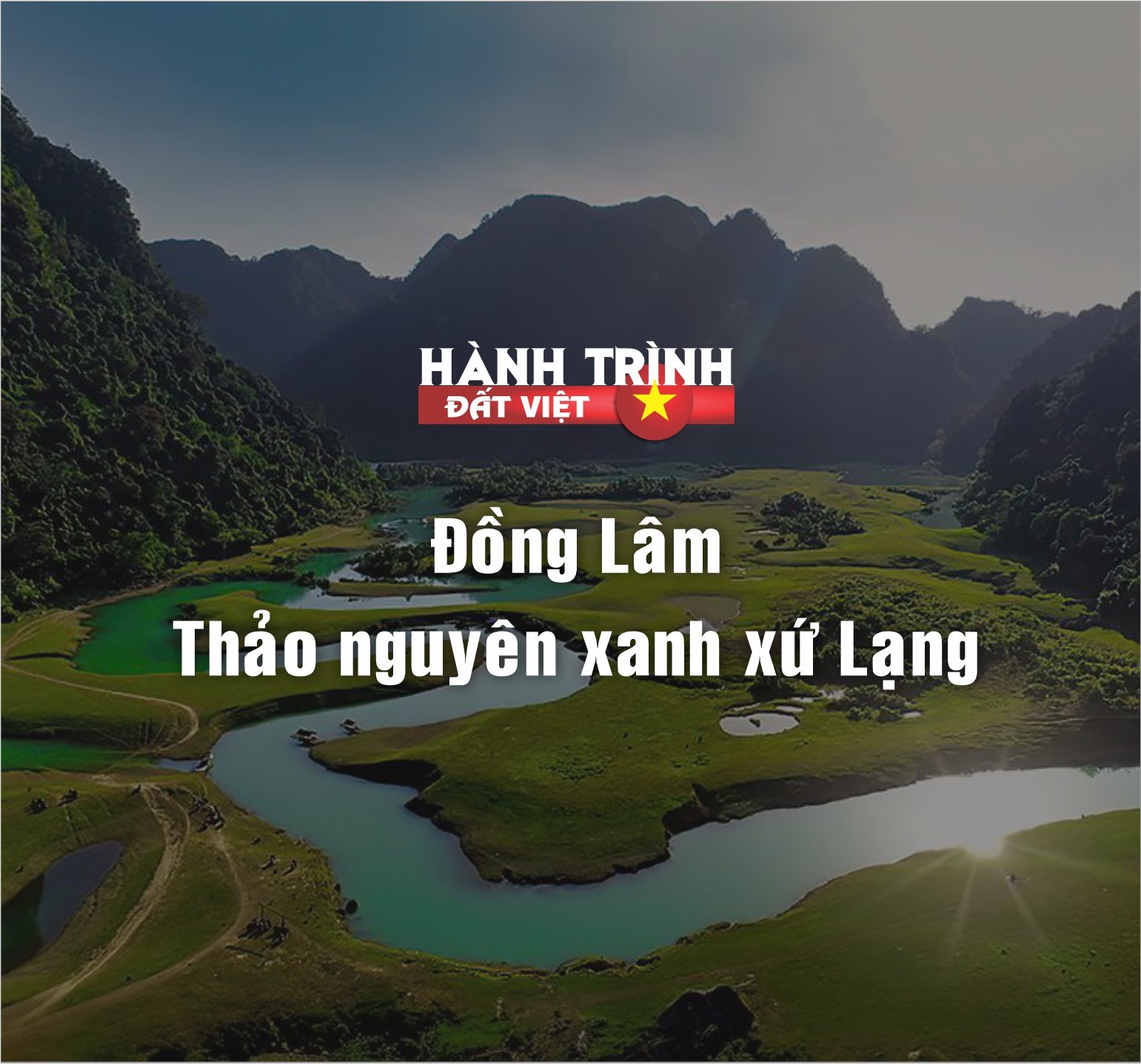

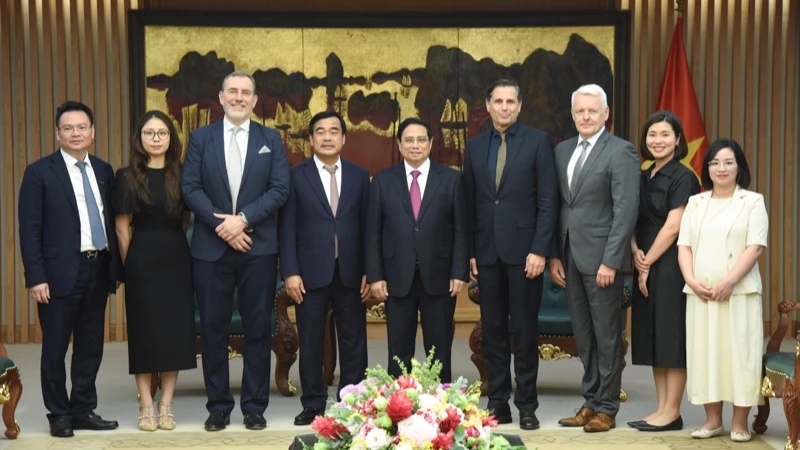
![[Photo] Nearly 2,000 people enthusiastically participated in the Olympic Running Day - For the security of the Fatherland](https://vstatic.vietnam.vn/vietnam/resource/IMAGE/2025/3/27/33bed26f570a477daf286b68b14474d4)

![[Photo] Prime Minister Pham Minh Chinh receives Chairman of Skoda Auto Group](https://vstatic.vietnam.vn/vietnam/resource/IMAGE/2025/3/27/298bbec539e346d99329a8c63edd31e5)
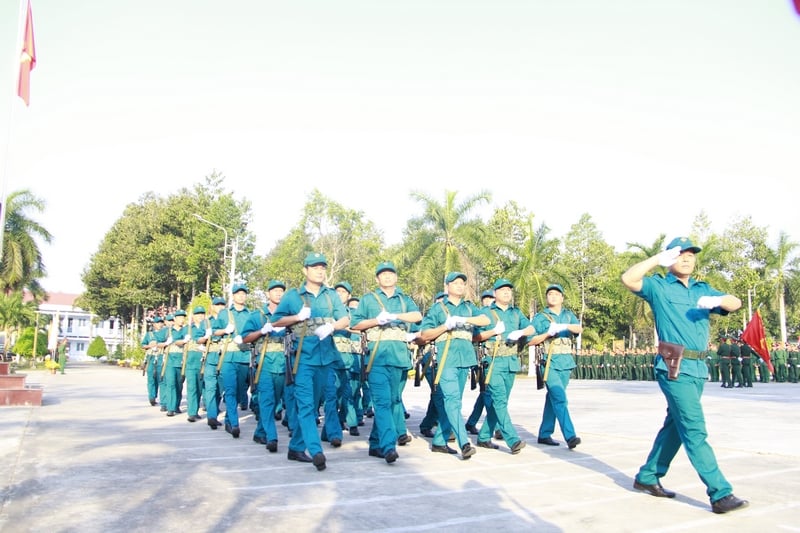

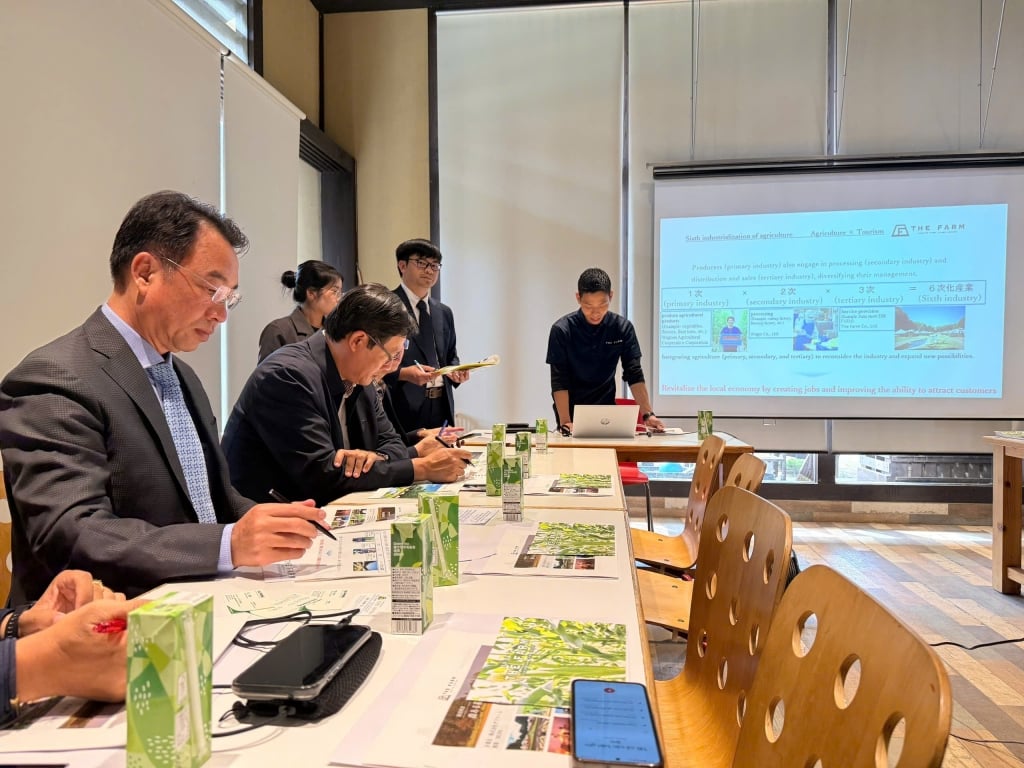
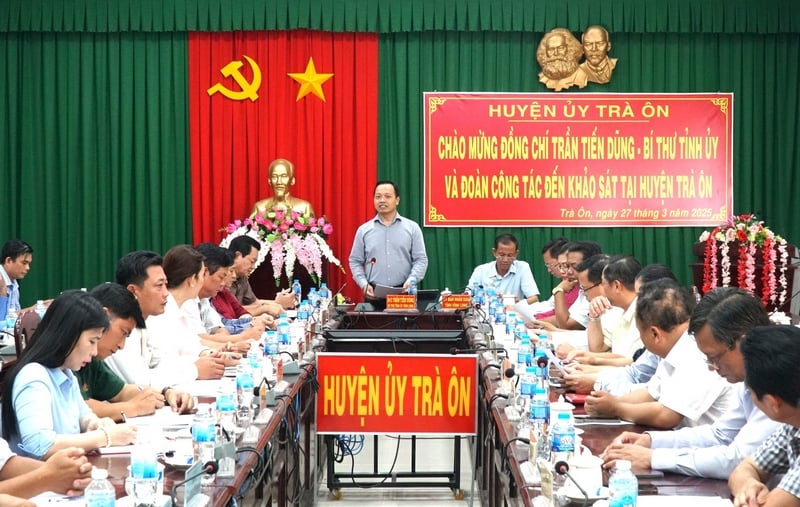

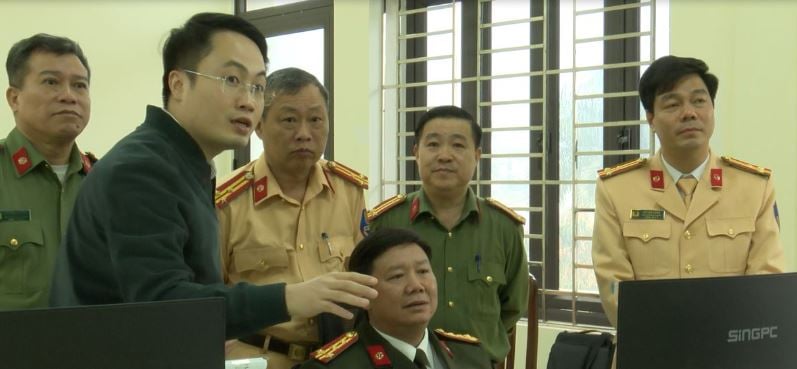

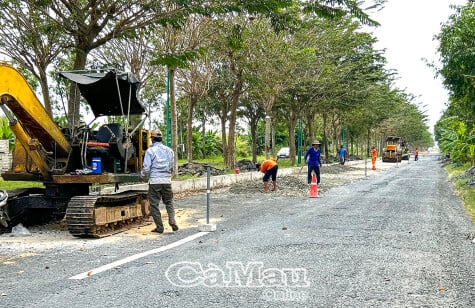
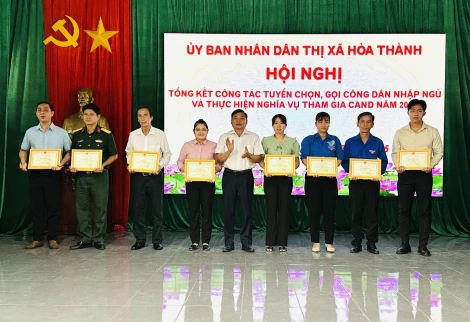

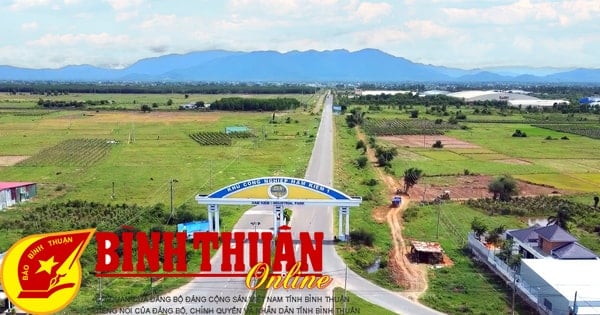




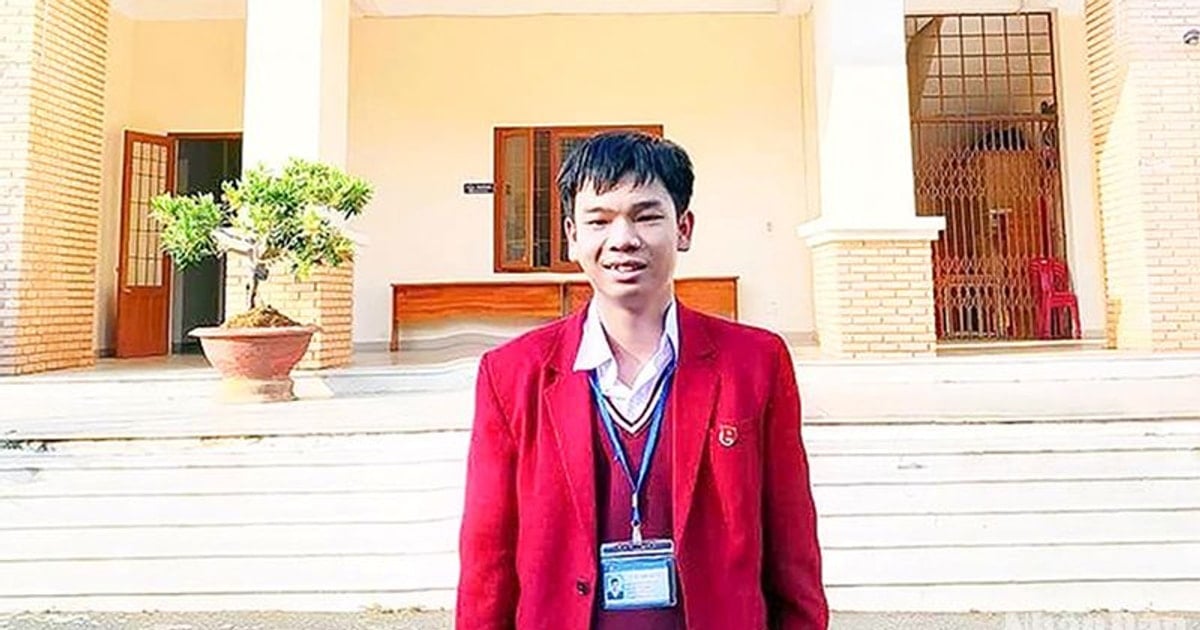

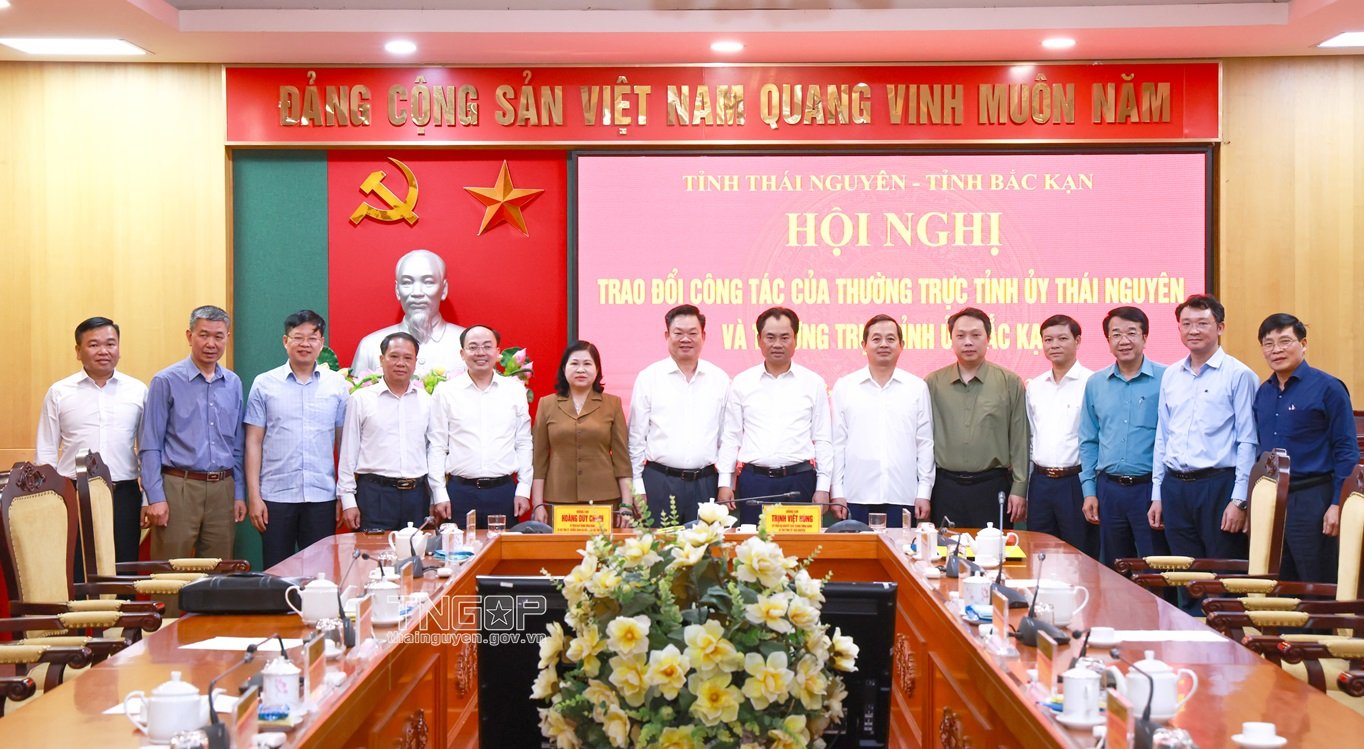
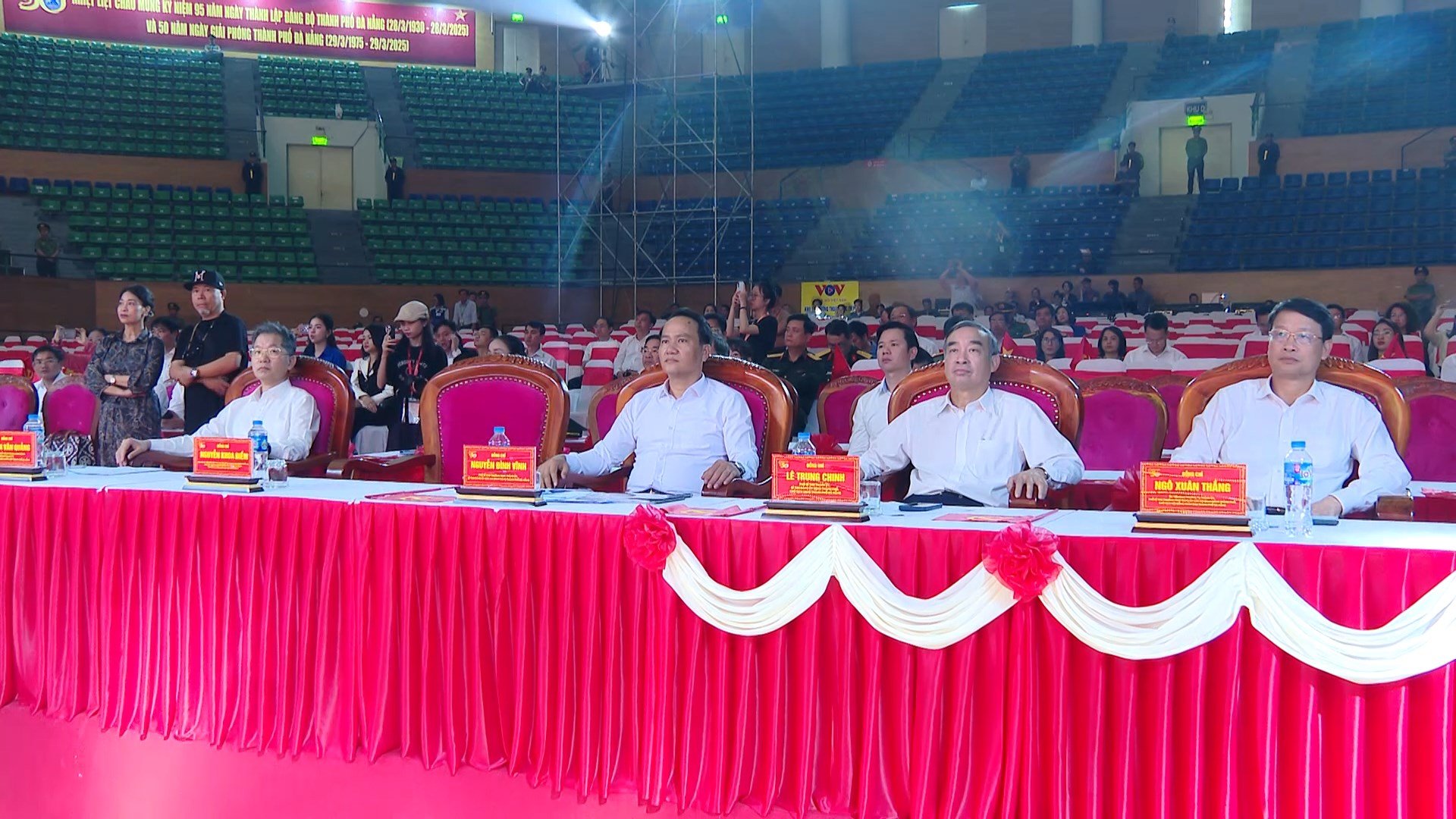



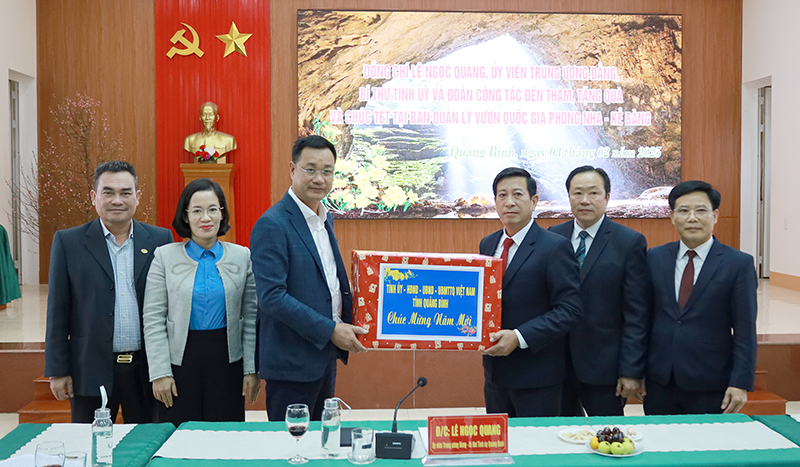

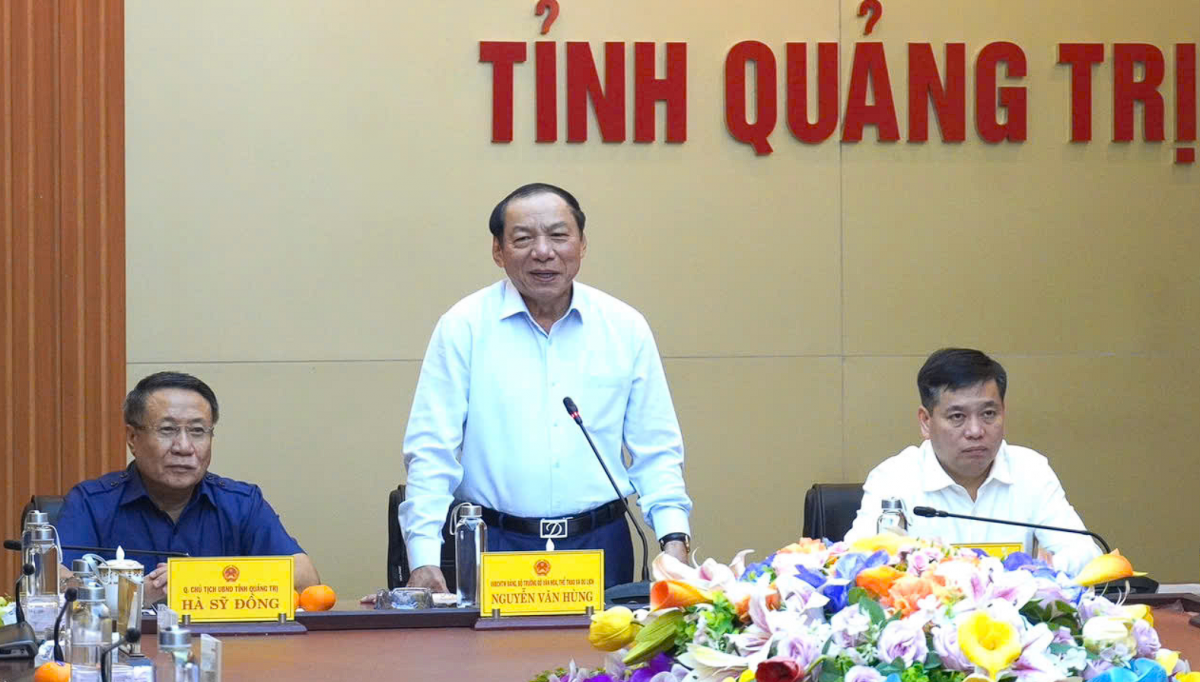
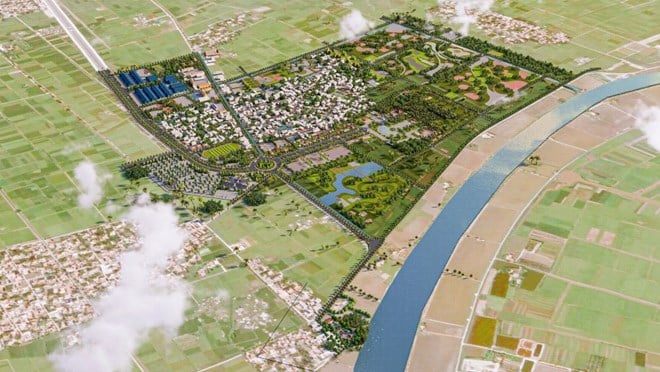

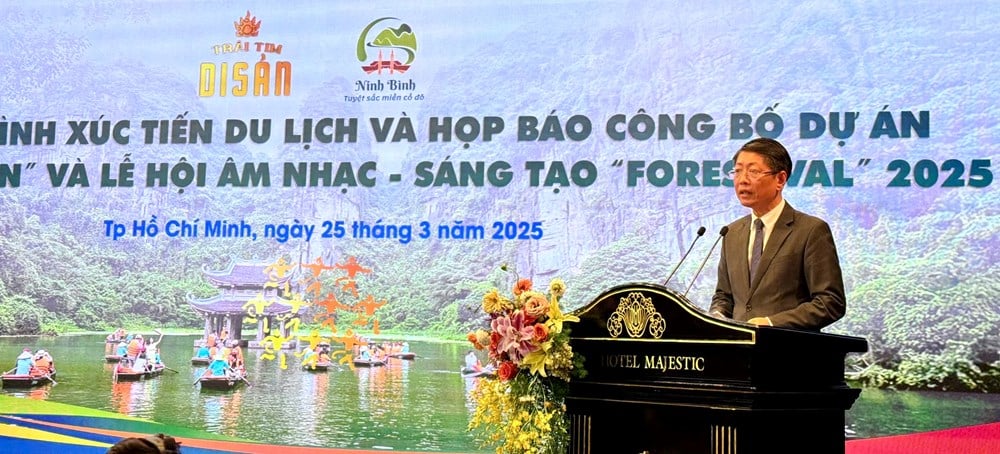

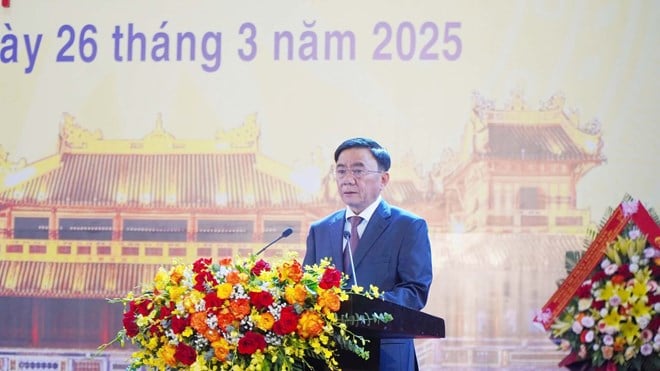


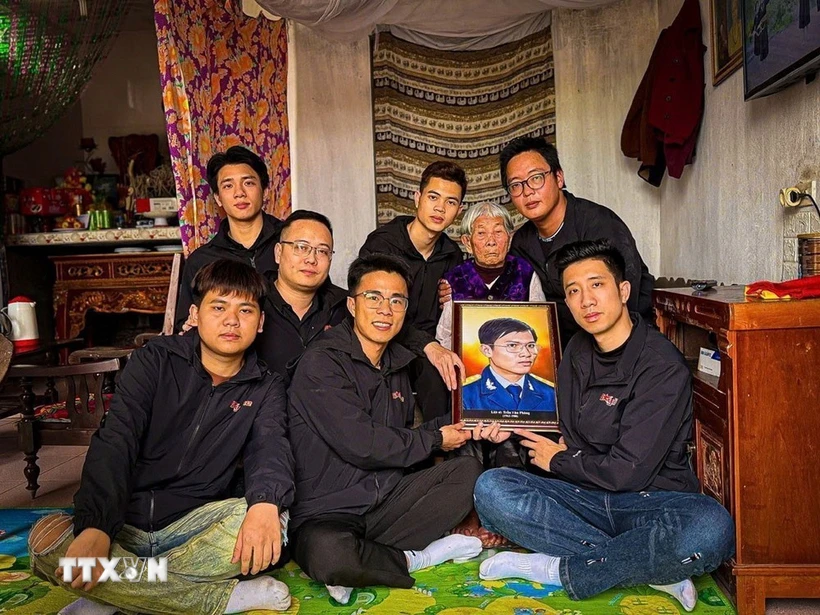


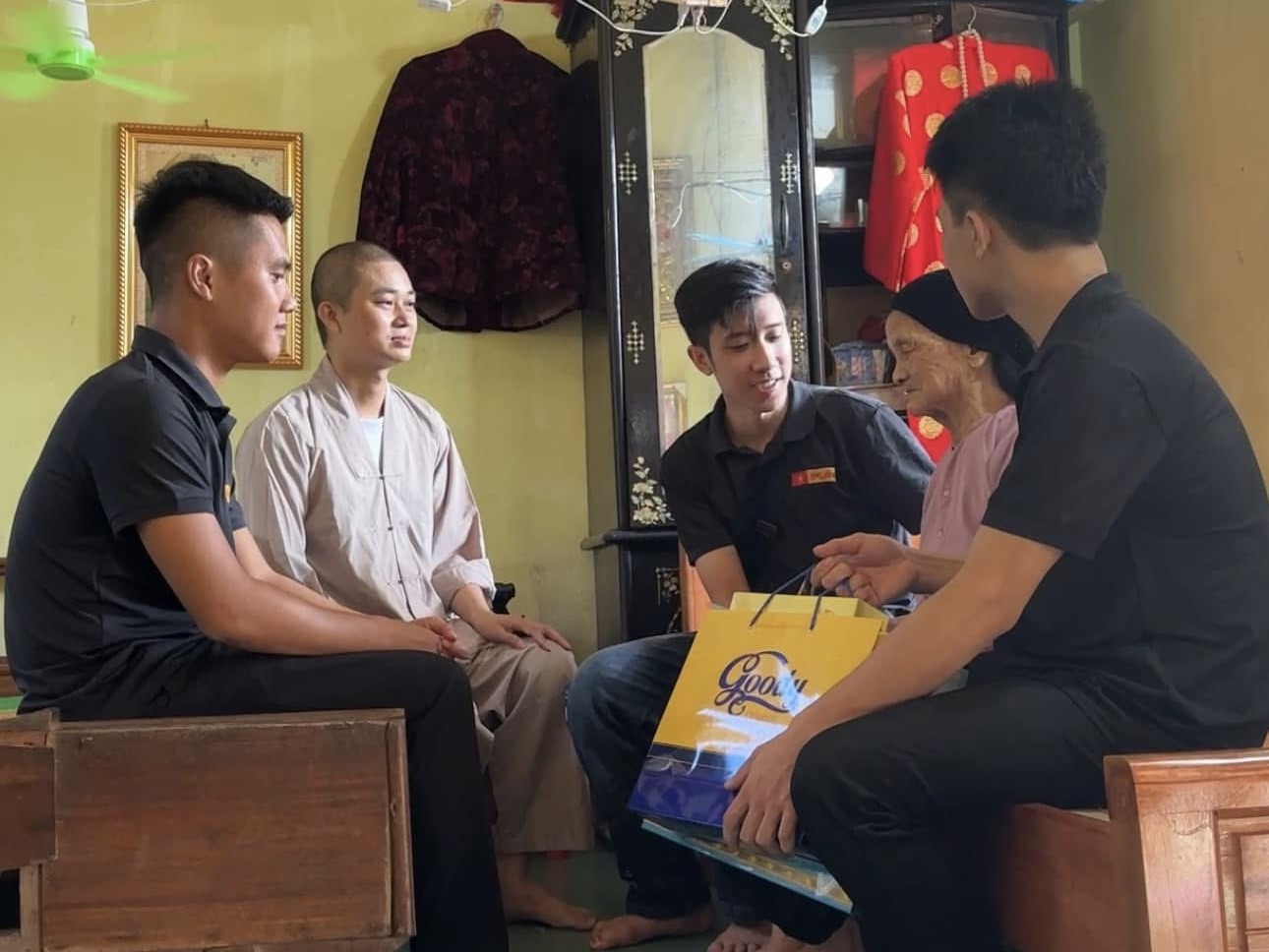





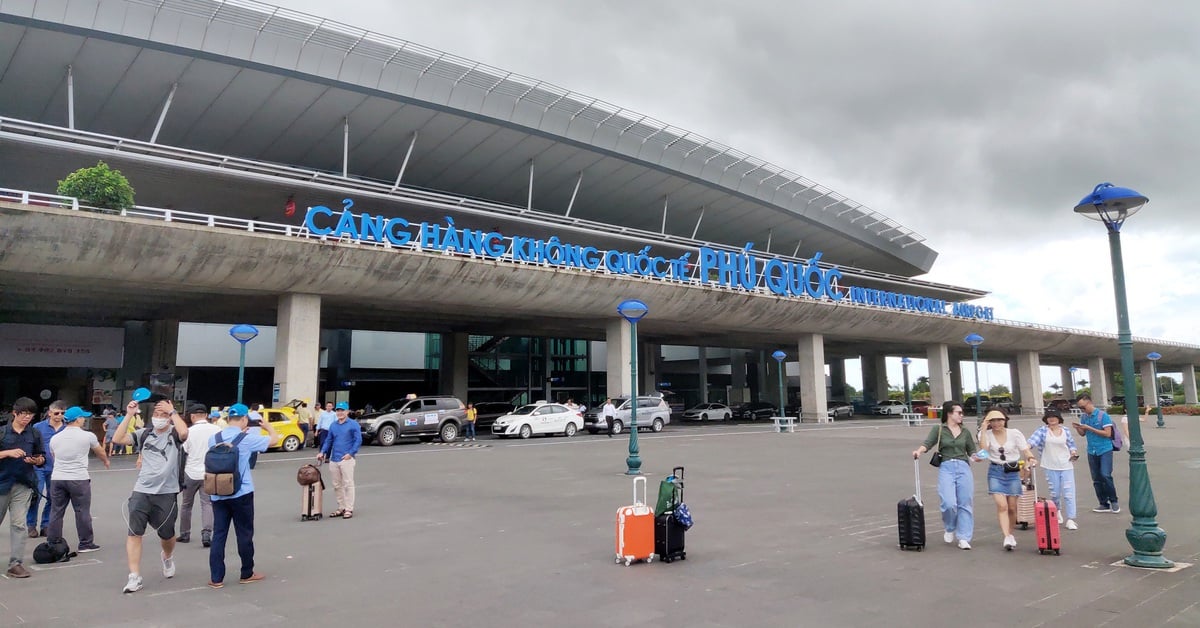
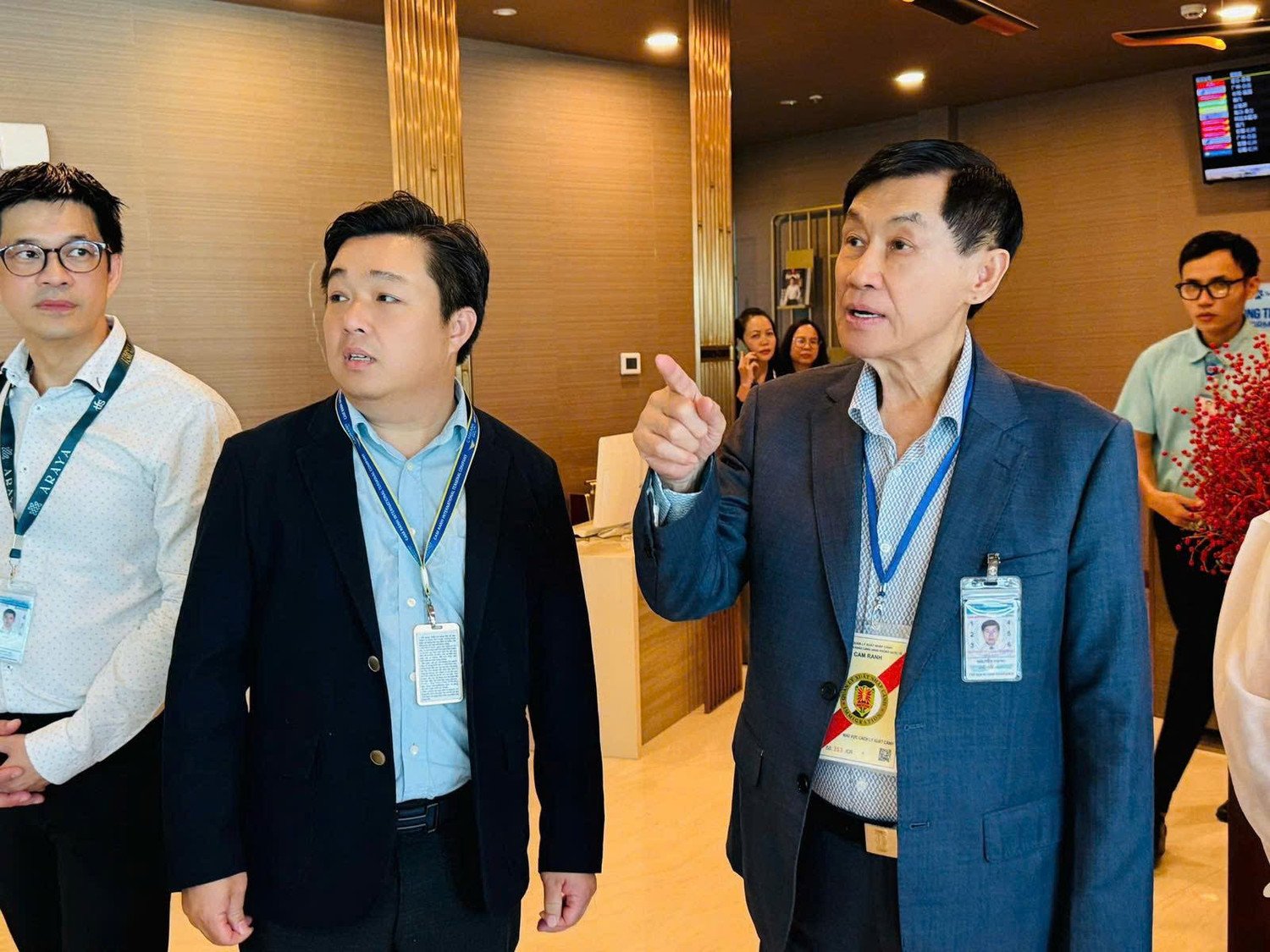

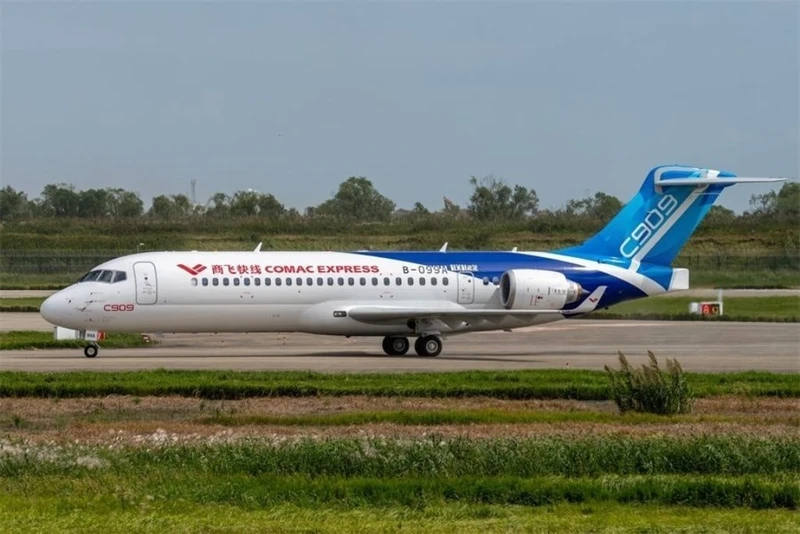


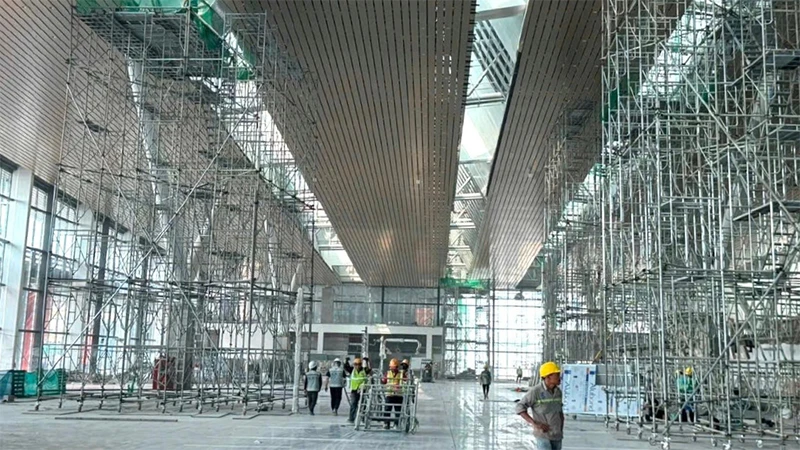

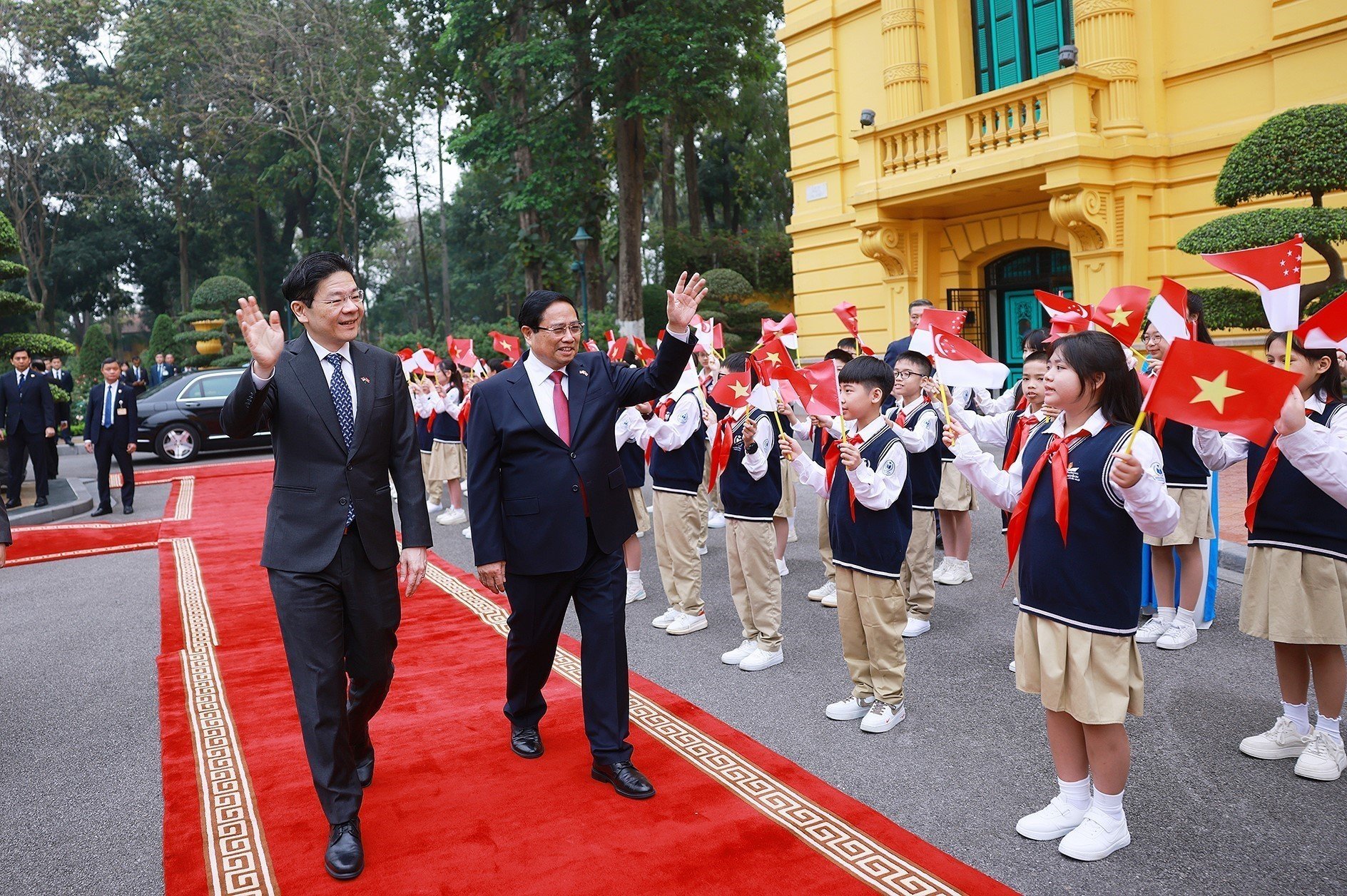


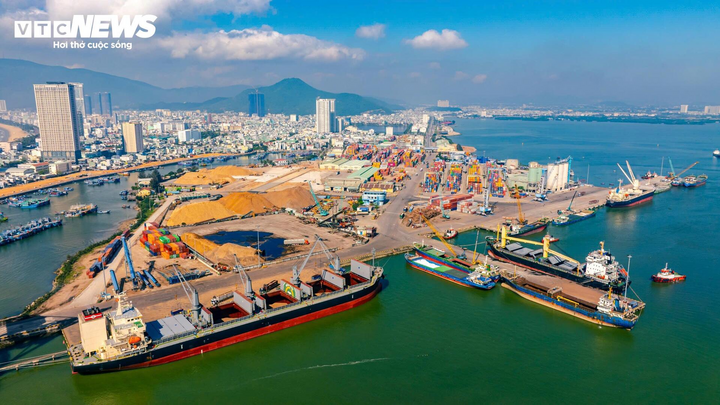

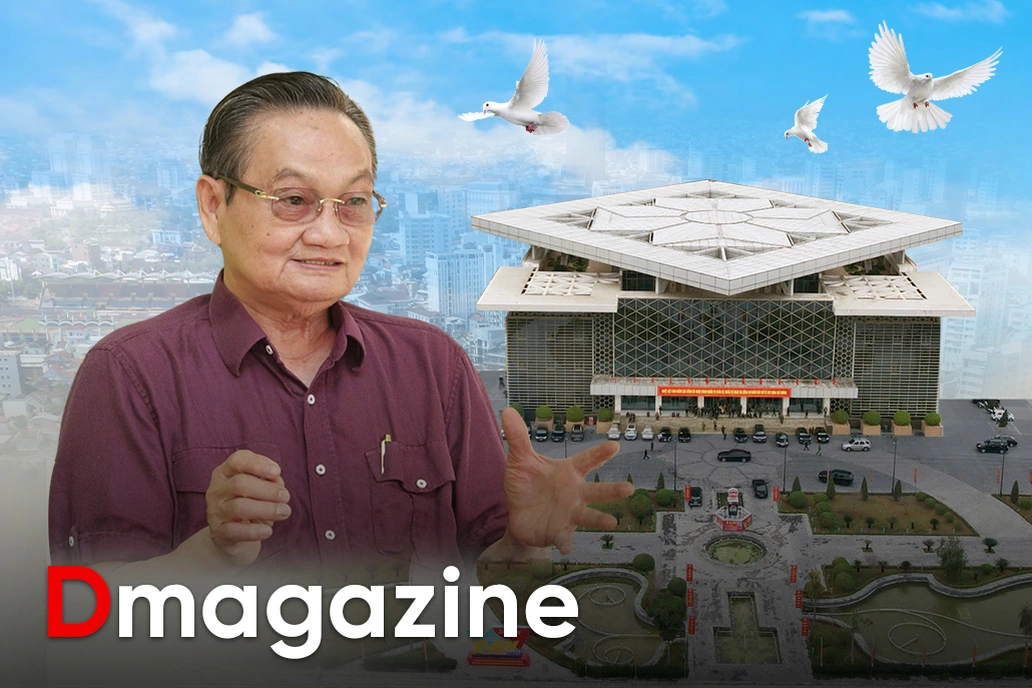
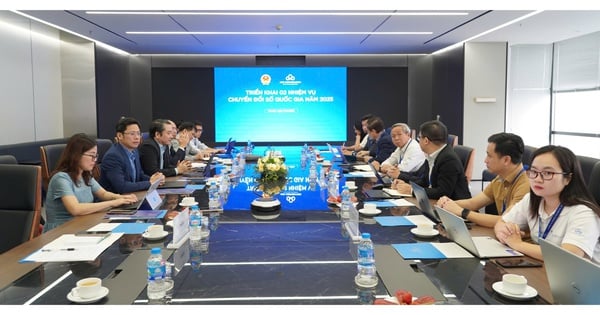

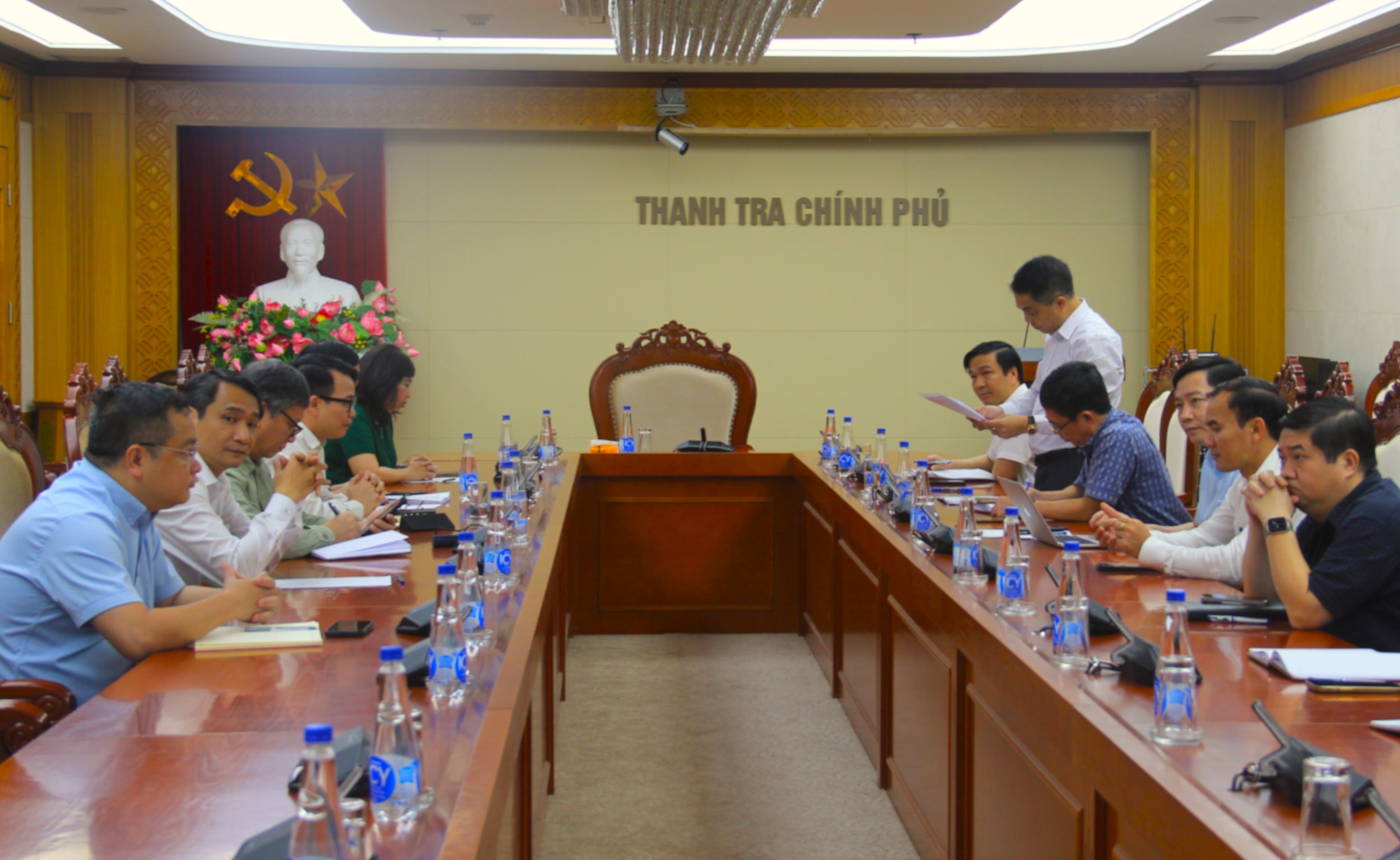

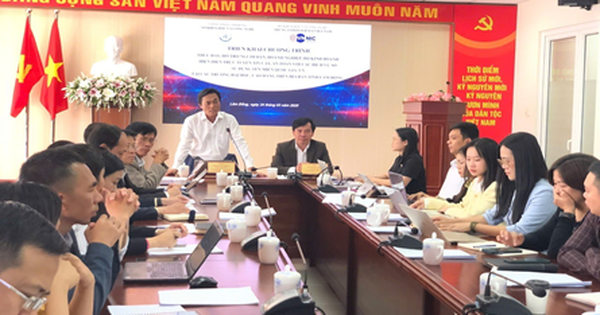


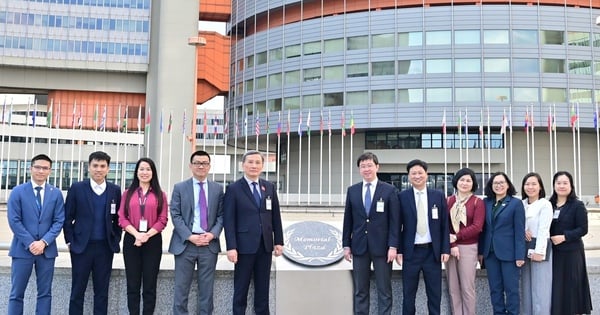



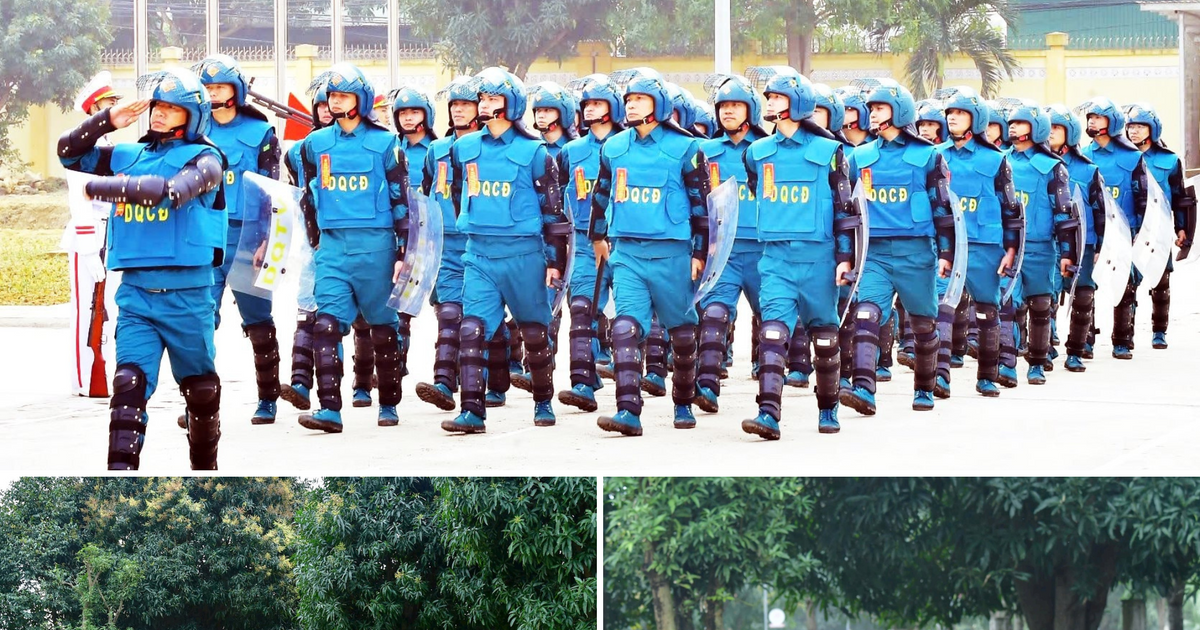

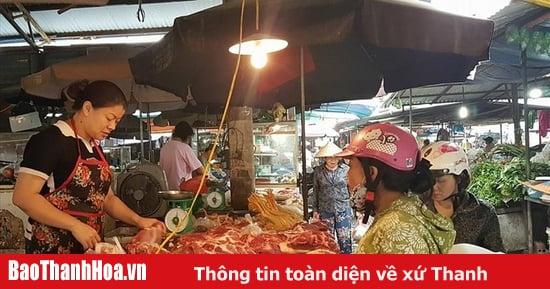

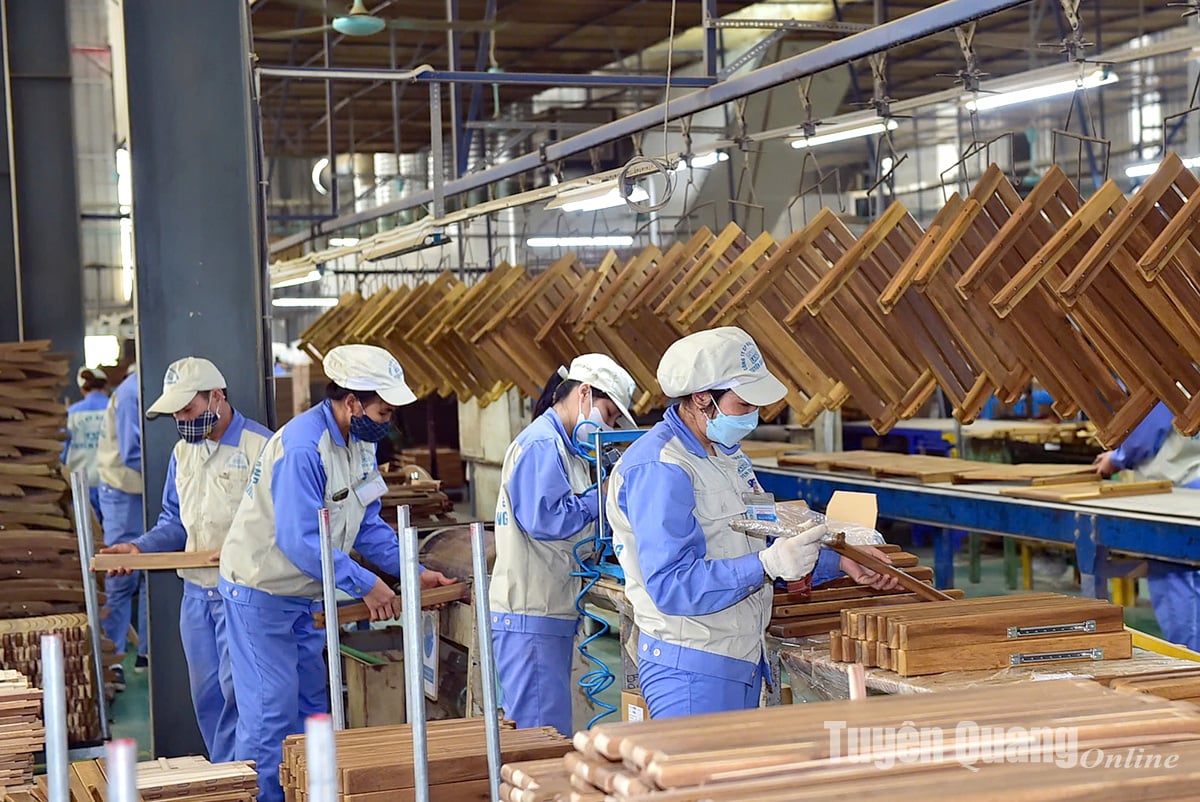

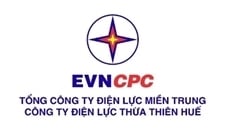

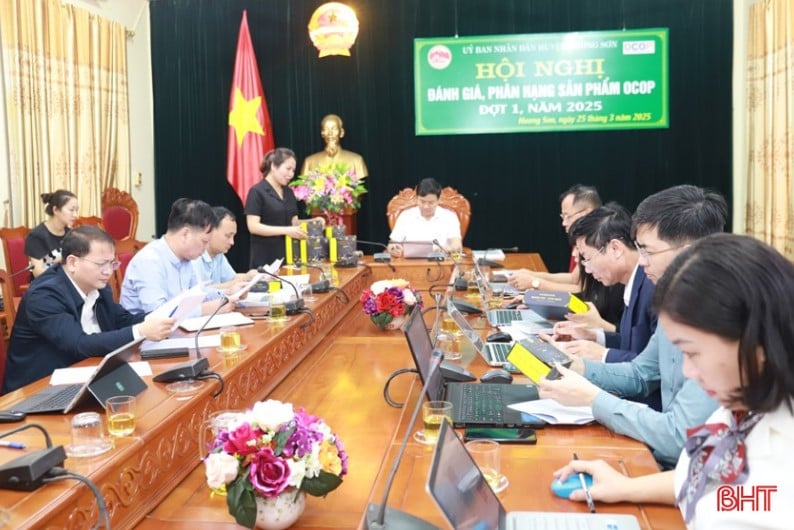


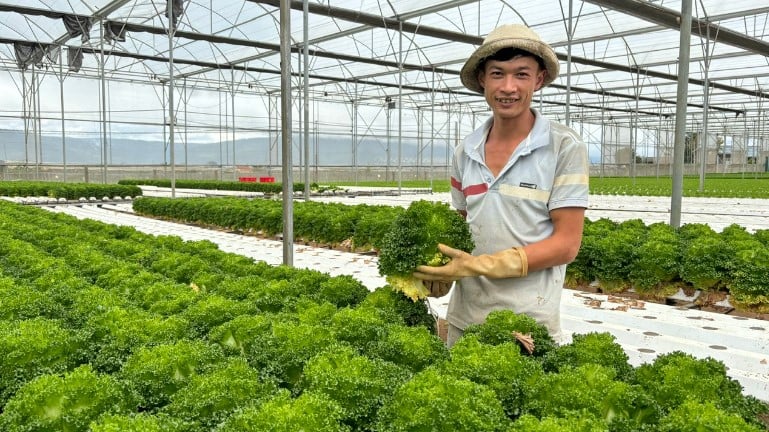



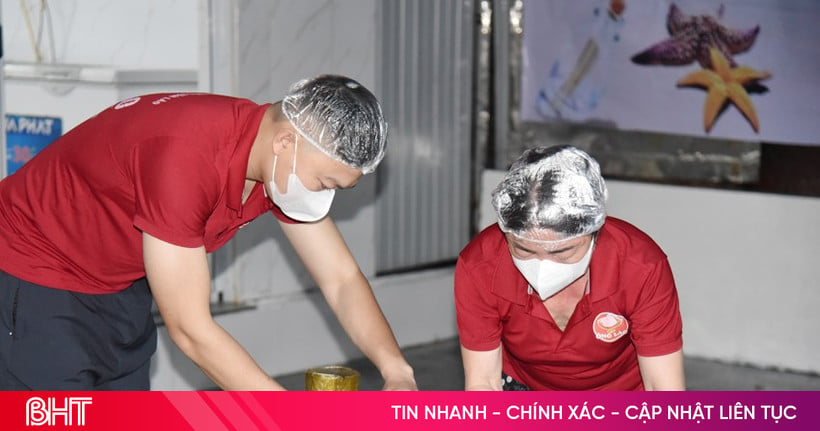
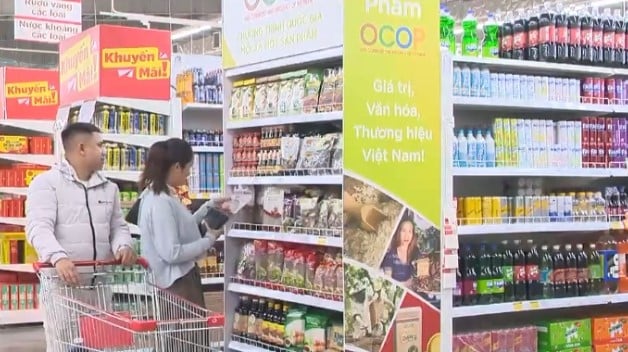

Comment (0)